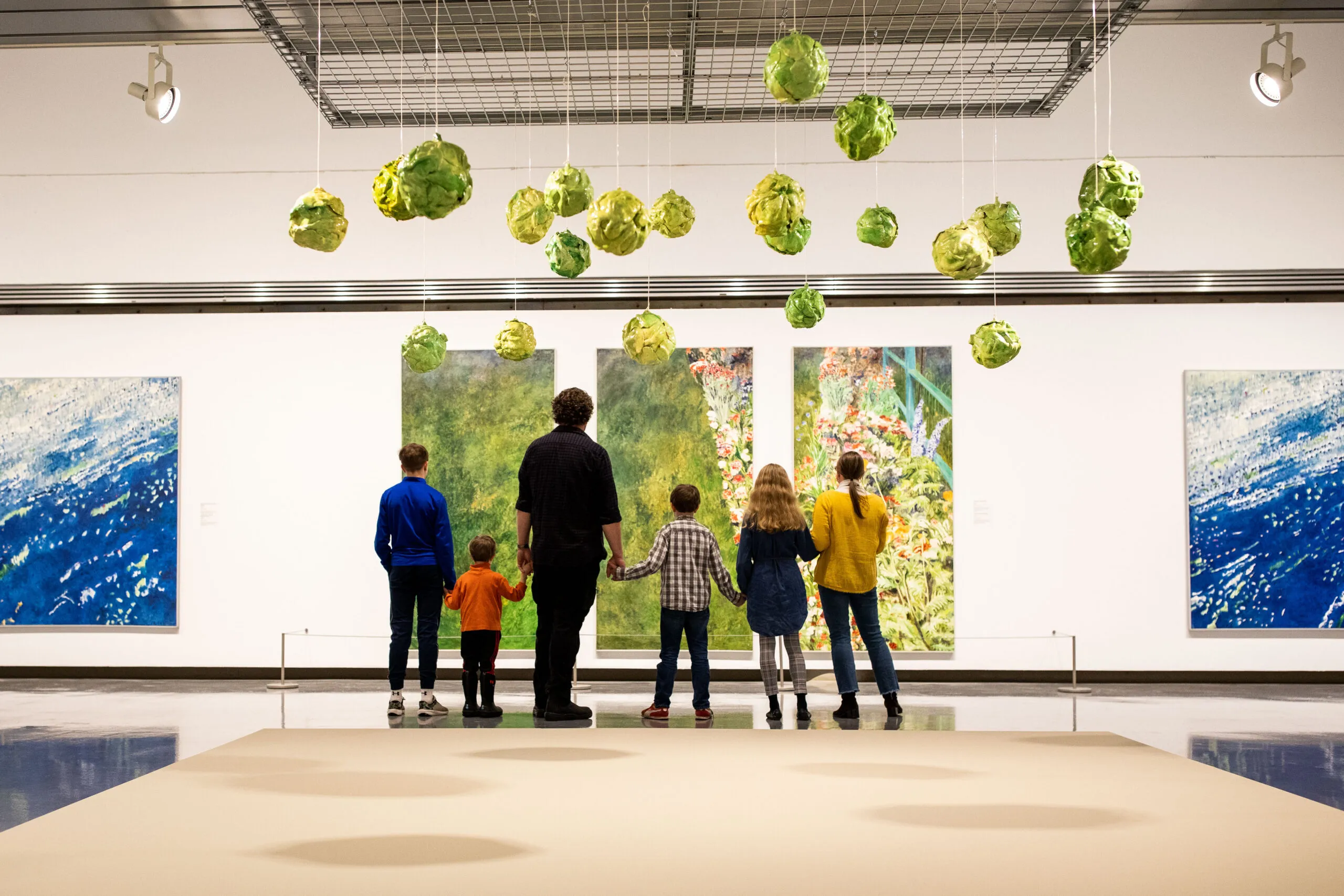This exhibition will consider what it meant to be female in Canada from the end of the nineteenth century through to the end of the twentieth century.
In 1918, the Canadian government extended the federal franchise to most Canadian women. To mark the 100th anniversary of this event, Museum London presents Women’s Lives in Canada: A History, 1875-2000. This exhibition will consider what it meant to be female in Canada from the end of the nineteenth century through to the end of the twentieth century. A thematic exploration, it will look at girls’ and women’s roles in the family, their opportunities for education, and the paid and unpaid work they performed. Playing off the idea of thinking globally and acting locally, the exhibition will highlight the experiences of a mother/daughter duo from London to illuminate continuity and change in Canadian women’s lives over time. The women in question? Euphemia “Effie” Van Camp Wyatt (1875–1958) and her daughter, Mary Louise Wyatt (1907–2000). Can these two white women who enjoyed relative financial security reflect the lives of all Canadian women? Certainly not. But highlighting the ways in which their choices were typical or atypical of those made by women in Canada more broadly will help to answer some important questions: What opportunities did girls and women have? What choices could they make as they moved through the different stages of their lives? Using a combination of photographs, archival materials, costume, and larger artifacts from Museum London’s extensive material culture collection, this exhibition will invite you to consider what it meant to be female in Canada in the past. It will also make you think about what it means to be female in this country today.
